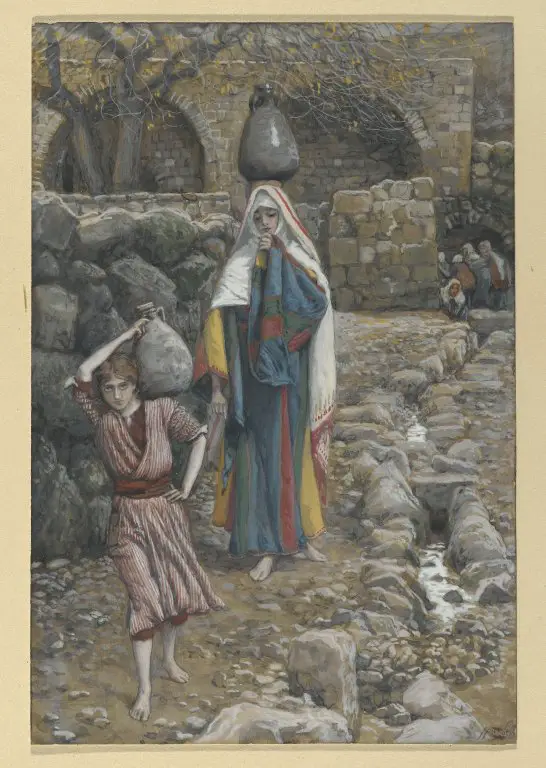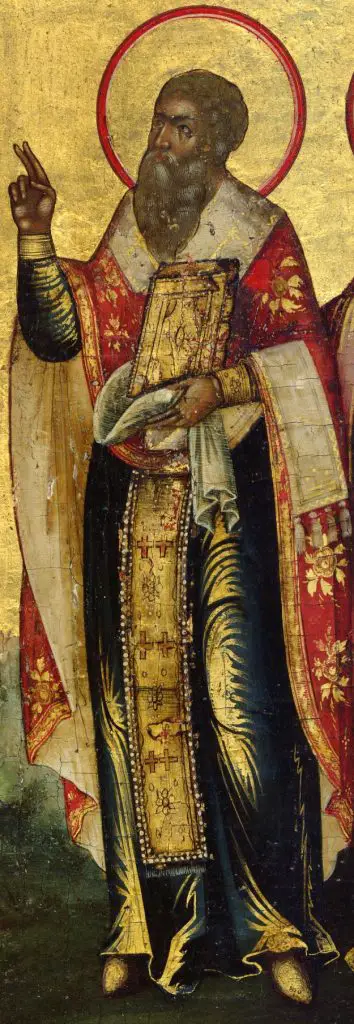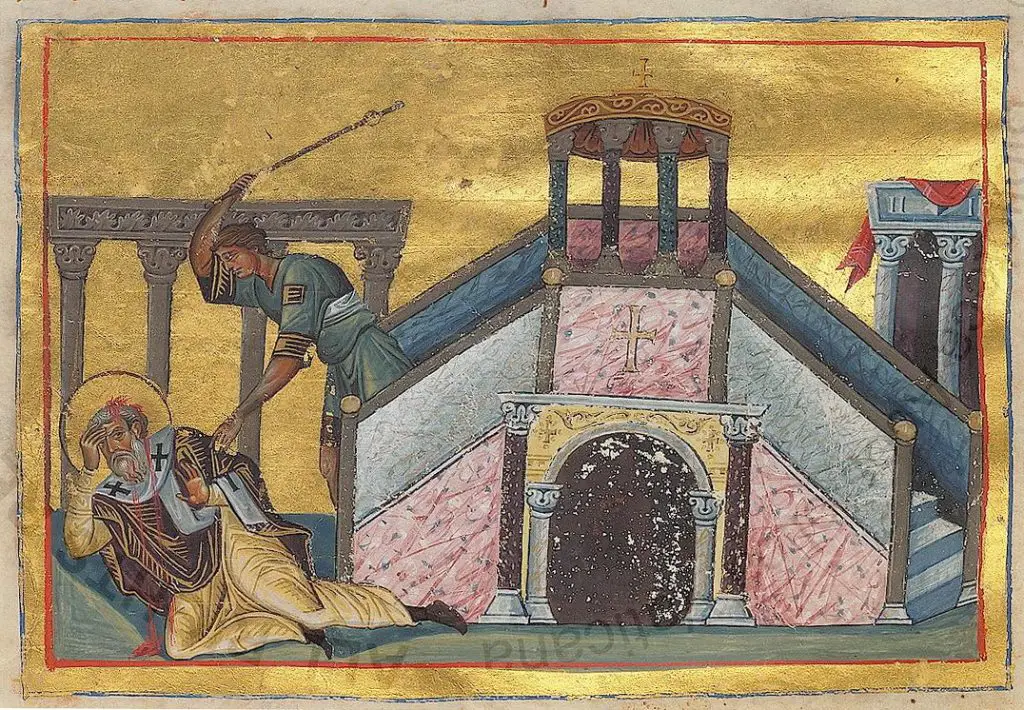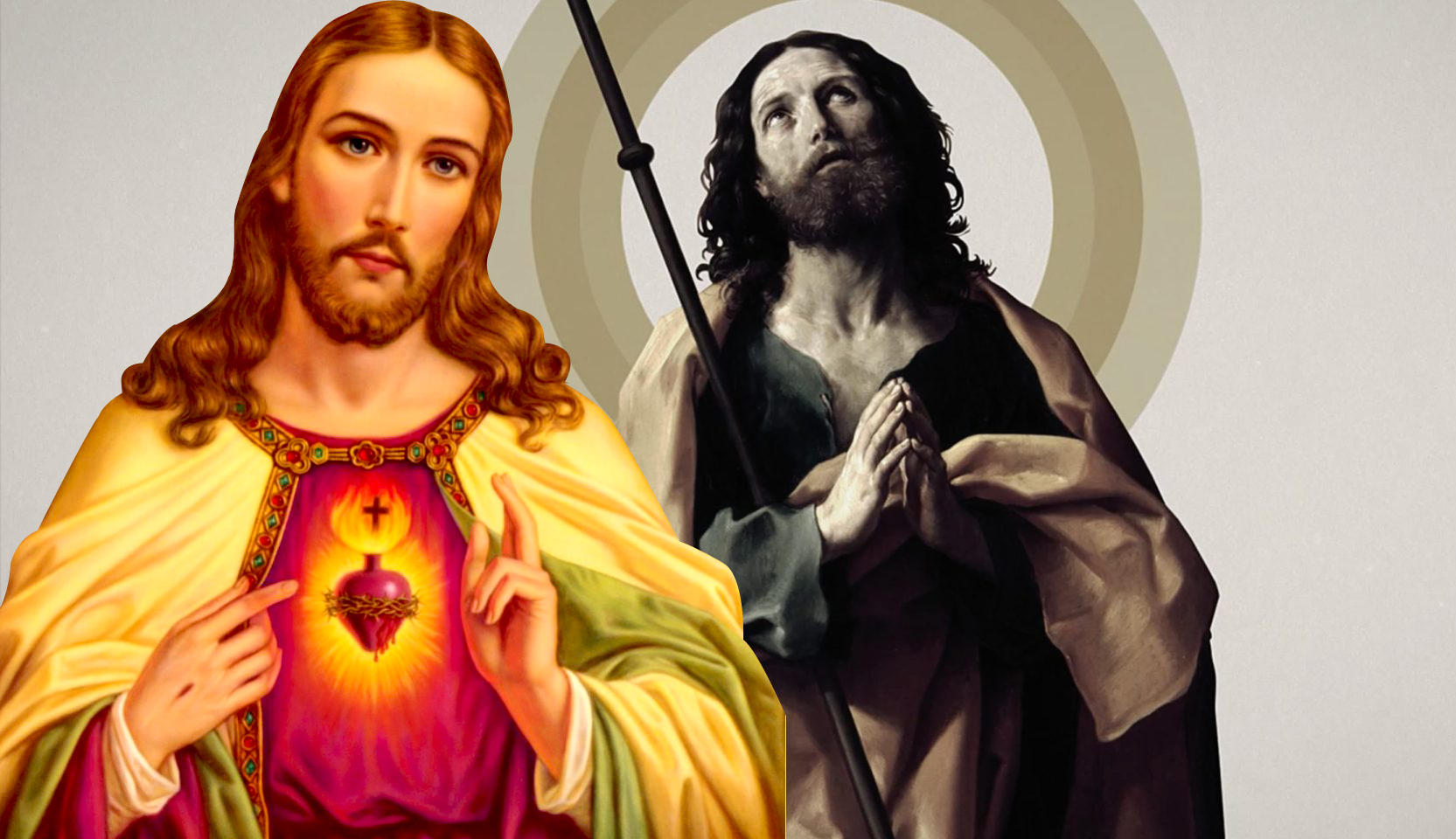 he life and teachings of Jesus Christ have captivated the world for centuries. Among the disciples and followers of Jesus, one figure stands out: James the Just. An intriguing question that arises is whether James was, in fact, the biological brother of Jesus Christ. This article explores the historical evidence, biblical references, and scholarly perspectives to shed light on the relationship between James and Jesus. By delving into their familial background, examining ancient texts, and considering the significance of James’ role in the early Christian community, we aim to unravel the mystery surrounding James the Just and his potential connection to Jesus Christ.
he life and teachings of Jesus Christ have captivated the world for centuries. Among the disciples and followers of Jesus, one figure stands out: James the Just. An intriguing question that arises is whether James was, in fact, the biological brother of Jesus Christ. This article explores the historical evidence, biblical references, and scholarly perspectives to shed light on the relationship between James and Jesus. By delving into their familial background, examining ancient texts, and considering the significance of James’ role in the early Christian community, we aim to unravel the mystery surrounding James the Just and his potential connection to Jesus Christ.
Exploring the Family Background
To understand the potential familial relationship between James and Jesus, it is crucial to delve into their shared family background.
The belief in the virgin birth of Jesus Christ poses a significant challenge when considering his possible biological siblings. Traditional Christian doctrine holds that Mary, the mother of Jesus, remained a virgin throughout her life, thus precluding the existence of siblings in the biological sense. However, some alternative interpretations and historical perspectives challenge this notion.

The New Testament includes references to Jesus having brothers and sisters. In particular, the Gospel accounts mention James as the brother of Jesus (Mark 6:3, Matthew 13:55). These passages have sparked debates among scholars and theologians about the nature of this sibling relationship and its implications for understanding Jesus’ family dynamics.
To comprehend the context in which Jesus and James lived, it is essential to consider the social and cultural norms of ancient Jewish society. In traditional Jewish families, siblings played a significant role in supporting and participating in the religious and community life. Understanding this cultural backdrop helps in contextualizing the potential relationship between Jesus and James.
The Role of James in Early Christianity
Examining the role James played in the early Christian community provides valuable insights into his connection to Jesus and his significance within the movement.

After the crucifixion of Jesus, James emerged as a prominent figure in the early Christian community, specifically in Jerusalem. Historical accounts depict him as a leader of the Jerusalem church, which indicates his authority and influence among the disciples and believers.
The Council of Jerusalem, described in the Book of Acts, provides further evidence of James’ influential position. As the brother of Jesus, James played a crucial role in the decision-making process and the establishment of early Christian doctrine. His authority and wisdom were respected, and his involvement shaped the development of Christianity.

The Epistle of James, attributed to James the Just, reflects his teachings and perspectives. This letter addresses practical matters, emphasizing the importance of faith, works, and ethical conduct. It serves as a testament to James’ influence and his contribution to shaping the early Christian theology.
Scholarly Perspectives and Historical Interpretations
Scholars have offered various perspectives on the relationship between James and Jesus, shedding light on the possible nature of their connection.
The Greek word “adelphos” used in the New Testament to refer to James as Jesus’ brother can be interpreted in multiple ways. Some argue that “adelphos” denotes a biological sibling relationship, while others suggest it could signify a spiritual or metaphorical bond.
An alternative interpretation posits that the references to James as Jesus’ brother reflect a symbolic bond rather than a biological relationship. This perspective views James as a spiritual companion and close disciple of Jesus, emphasizing the importance of spiritual kinship.
Understanding the historical context of early Christianity is essential for interpreting the relationship between James and Jesus. The socio-political climate, the growth of the movement, and the evolving theology all contribute to the complexities of deciphering the true nature of their connection.
The question of whether James the Just was truly the biological brother of Jesus Christ remains a topic of debate and speculation. While some historical and biblical evidence supports the notion of a sibling relationship, alternative interpretations highlight the symbolic and spiritual dimensions of their bond. Regardless of the nature of their connection, James’ prominent role in the early Christian community and his contributions to the development of the faith are undeniable. The study of James the Just allows us to delve deeper into the complex dynamics of early Christianity and gain a richer understanding of the life and teachings of Jesus Christ.
Avid Writer with invaluable knowledge of Humanity!
Upcoming historian with over 30 million views online.
“You make your own life.”





